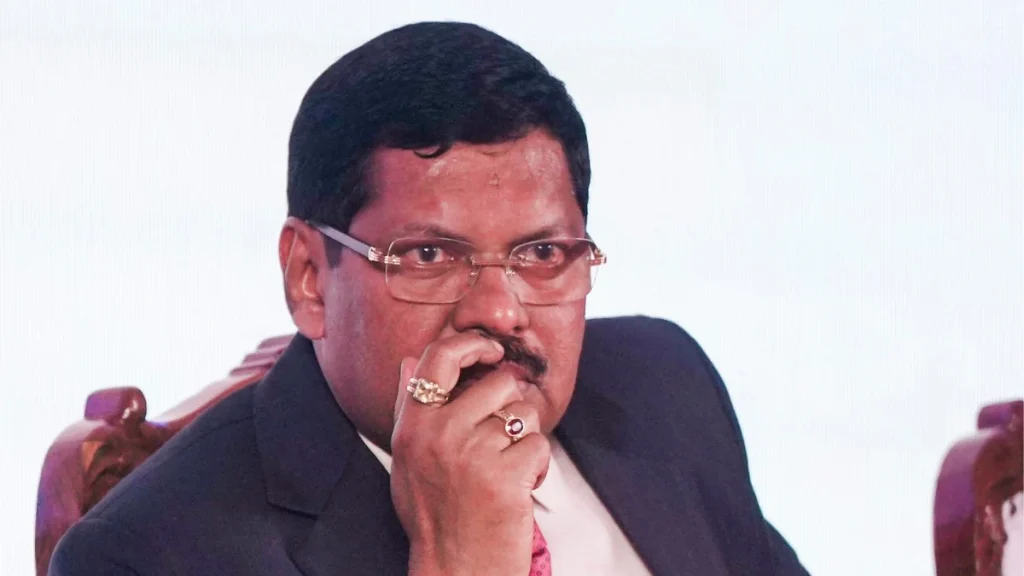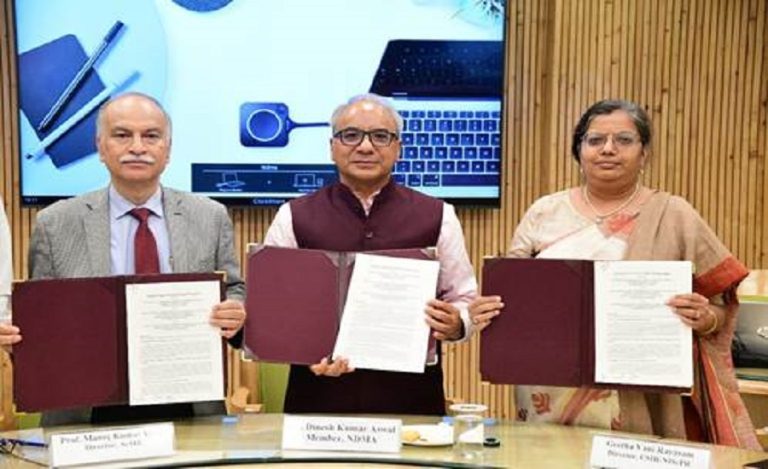New Delhi: Chief Justice of India Bhushan R. Gavai is set to preside over his first collegium meeting on May 26, with a packed agenda that includes filling three vacancies in the Supreme Court and making key appointments across several high courts. This marks a significant moment in India’s judiciary, as the new Chief Justice moves swiftly to tackle longstanding judicial vacancies.
According to officials familiar with the matter, the five-member collegium will deliberate over a list of nearly 100 high court judges to select three for elevation to the apex court. The meeting comes just two days after the retirement of Justice Abhay S. Oka on May 24, which will reduce the Supreme Court’s strength to 31, against a sanctioned capacity of 34.
The collegium on May 26 will comprise CJI Gavai, along with Justices Surya Kant, Vikram Nath, J.K. Maheshwari, and B.V. Nagarathna. Although Justice Vikram Nath is currently away, the list of eligible candidates is ready for circulation among members — a standard practice to facilitate deliberations.
Sources indicated that the collegium is likely to propose names from the high courts of Delhi and Bombay, to ensure regional diversity. Presently, Delhi has only one serving judge in the Supreme Court, while Bombay’s representation will fall to two with Justice Oka’s retirement. The last judge from Delhi, Justice Sanjiv Khanna, retired on May 13 after serving as CJI for six months.
The collegium may also prioritize gender representation. Currently, Justice B.V. Nagarathna is the only sitting woman judge in the Supreme Court. Justice Bela M. Trivedi, the second woman judge, is set to retire on June 9, although her last working day was May 16 due to a personal trip to the U.S. Names under active consideration for elevation include Justices Sunita Agarwal (Allahabad), Lisa Gill (Punjab & Haryana), Revati Mohite Dere (Bombay), and Anu Sivaraman (Karnataka).
Beyond Supreme Court appointments, the collegium is also expected to discuss naming new Chief Justices for the high courts of Patna, Telangana, and Madhya Pradesh. Patna and Telangana are currently led by acting chief justices, while Madhya Pradesh’s post will be vacated on May 23.
Inter-state transfers and repatriations of high court judges are also on the agenda, in what sources describe as moves made “in the interest of the administration of justice.”
This meeting comes amid historic moves toward greater transparency in judicial appointments. Earlier this month, the Supreme Court began publicly sharing its appointment processes online, detailing the role of high court collegiums, feedback from state and central governments, and final collegium recommendations. It also released comprehensive demographic data for appointments made between November 2022 and May 2025.
In another landmark step, the Supreme Court has started publishing statements of assets submitted by its judges. As per a full court decision dated April 1, 2025, these declarations are being uploaded to the court’s website as they are received.
This push for transparency follows a controversial episode involving Justice Yashwant Varma, a sitting high court judge, in whose residence unaccounted cash was discovered following a fire. An inquiry report, along with the judge’s response, was forwarded by former CJI Sanjiv Khanna to the President and Prime Minister, recommending removal proceedings after a three-judge committee found merit in the allegations.
As CJI Gavai convenes his first collegium meeting, the decisions made could shape the direction and integrity of India’s judiciary for years to come.




























